
When choosing a vehicle, many people face the dilemma of manufacturers playing tricks on the comfort and technology configurations of the models. They want higher options while keeping an eye on their wallets. Should they bear with it or leave it to the aftermarket? For the same model, the difference in configurations can lead to a price gap of tens of thousands, as seen with well-known brands like BBA, where the power difference can fluctuate by dozens of horsepower. Why do manufacturers do this? Nowadays, with many mature ECU program brands, do we just need to flash a program? What aspects should we pay attention to?

Is the price difference between high and low power engines significant?
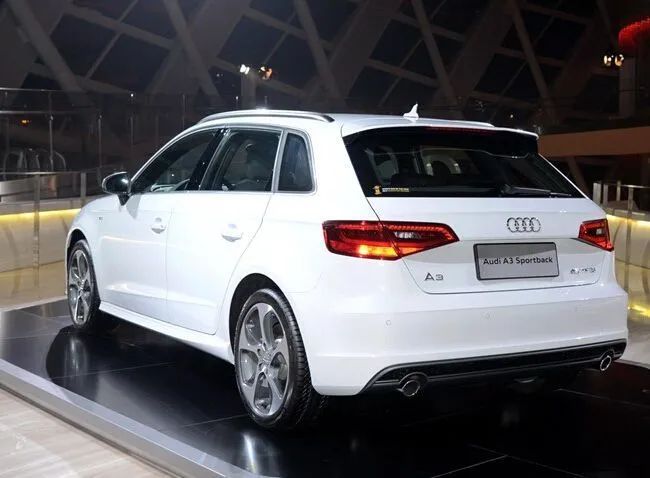
It reminds me of a friend who bought an imported 2.0T high-power Audi A3, which originally has 220 horsepower. With the advantage of a hatchback, it can be described as very manageable in daily use. However, young people are never satisfied with the status quo. After contacting a brand program, the horsepower increased by 80, reaching nearly 300! Similarly, among Volkswagen models, many 380TSI models are significantly more expensive than the 330TSI, but the extra cost may only yield a few additional active safety and comfort features, making it a painful choice for many.
Is the so-called high and low power just a profit pursuit by manufacturers?
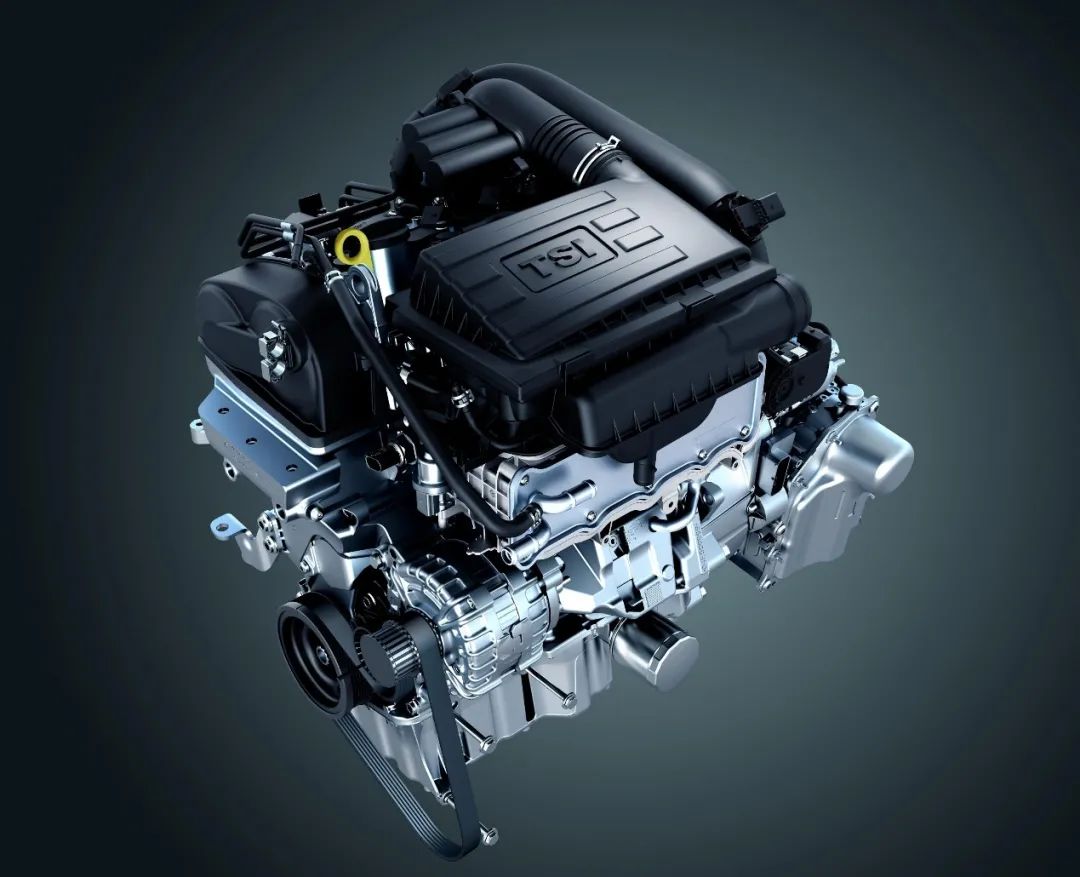
Manufacturers know that by expanding the price coverage of their products, the target consumer group will inevitably increase. While increasing product sales, enhancing the universality of components will significantly reduce the cost burden. This way, they indirectly reduce the cost pressure from design, production, and manufacturing.
What is the relationship between ECU and the engine?

For a car, the ECU is like the “brain” of the entire vehicle. It processes data collected from sensors to constantly adjust and control the engine’s operating conditions. The ECU (Electronic Control Unit) is simply a small electronic control unit that stores the specific programs and calculation rules set by vehicle engineers for each model.
What are the methods of ECU tuning?
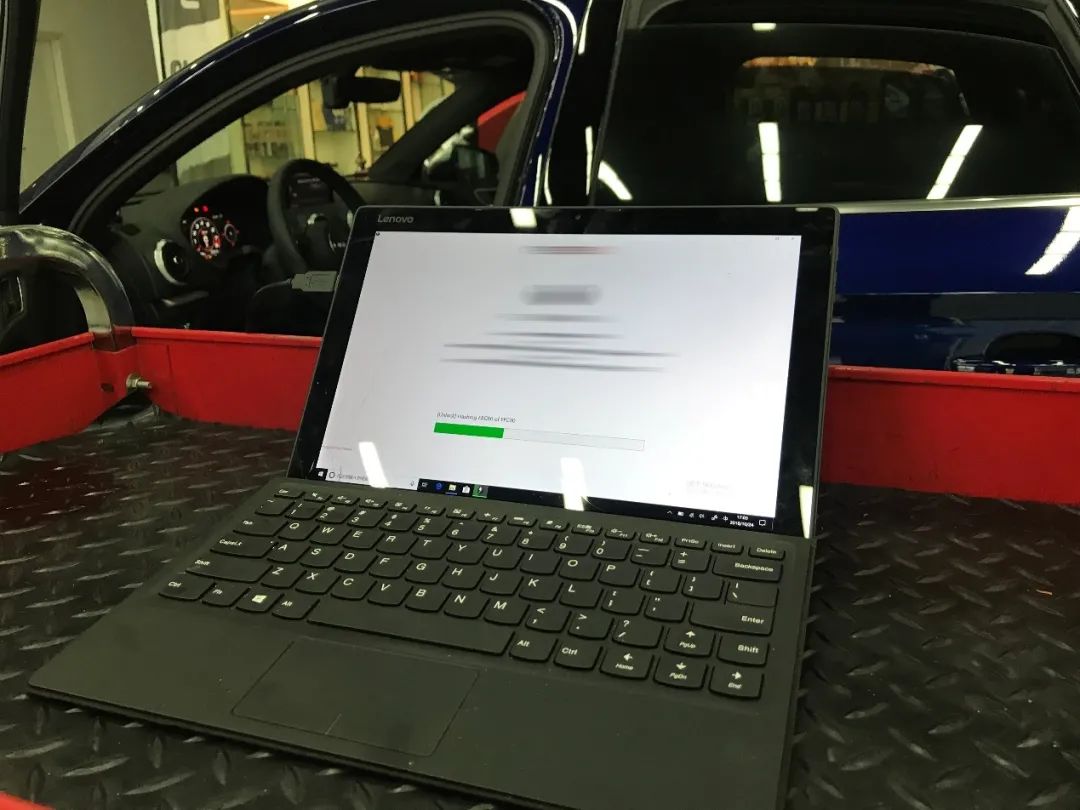
Usually, when people talk about “flashing the ECU,” they mostly refer to rewriting the original program. The new program changes parameters like ignition timing, fuel control, injection timing, turbo pressure, and more, thereby enhancing engine performance, making many feel like they have a new car after the flash.
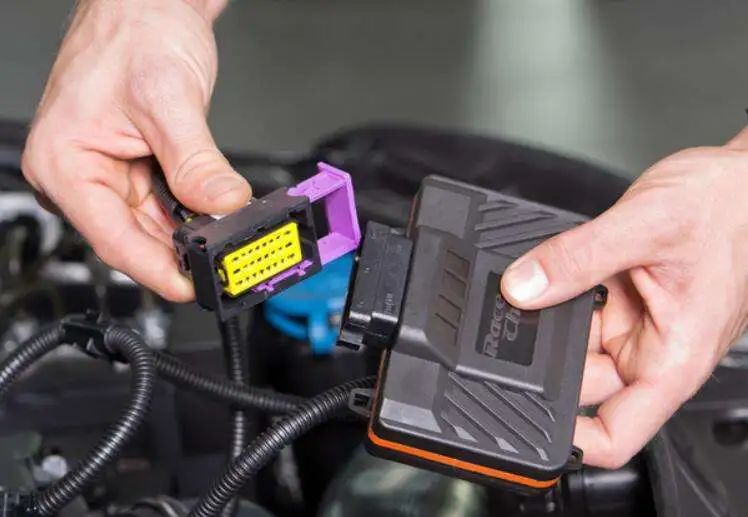
Another method is for some to choose an external computer to adjust engine output data, often jokingly referred to as “IQ tuning.” For example, the external computer works like “whispering between multiple people,” sitting between the sensor and the ECU. It collects data from the sensors, feeds it back to the ECU, and due to the delay, the signal may not be very accurate. The ECU reacts and then transmits the information to the engine, “Hey, can we rev it up!?”
Is it enough to just write a program to flash the ECU?

(For the car above, notice the prominent larger intercooler!)
In theory, this is true. Many choose to write a program without adding any hardware to experience more direct power output. However, if you are a performance enthusiast, aside from auxiliary intakes, high-pressure fuel pumps, water spray systems, larger intercoolers, and even forged internal pistons, connecting rods, crankshafts, and turbo replacements, this entire setup can be expensive and can seriously harm the vehicle, making even normal starts difficult. However, there is a saying: heavily modified cars that are hard to start are often not easy to handle!
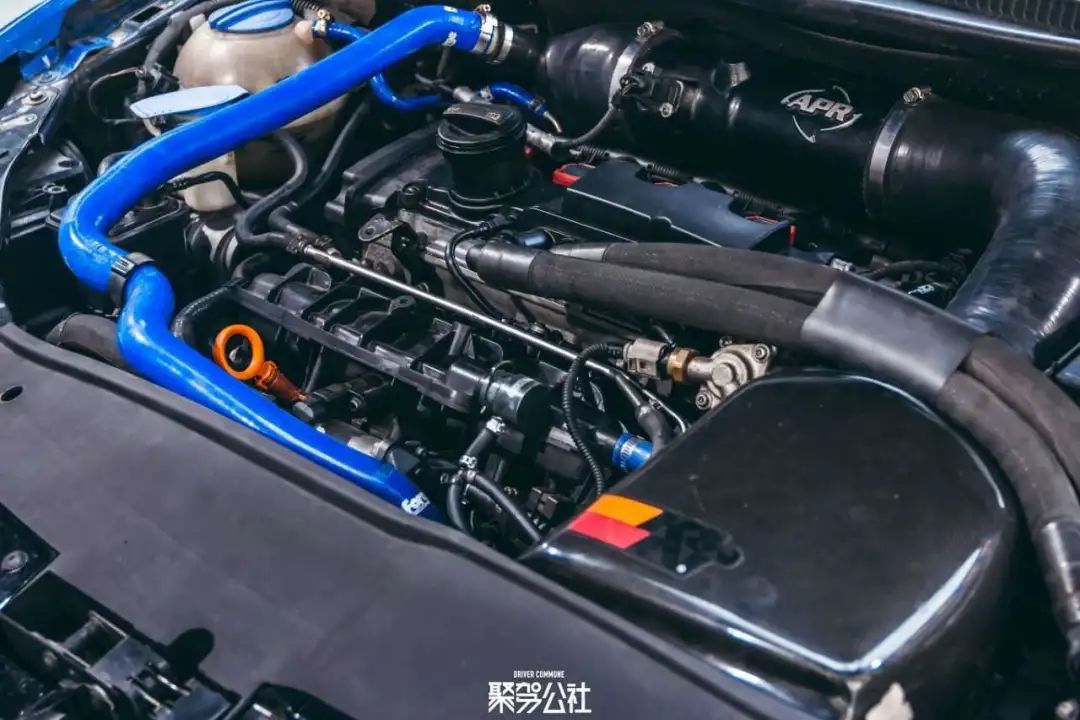
Final Thoughts
Although the power after flashing the ECU is tempting, I hope everyone can “act within their means.” First, consider the condition of your vehicle because prolonged use beyond the factory specifications can put a significant strain on the usage conditions, fuel quality, and processes. Not all models are suitable for extensive modifications, and you must be cautious with the brand of ECU tuning programs, as many “small workshops” have led to numerous cases of vehicle scrapping.Additionally, many vehicle inspection agencies are gradually adopting OBD reading methods, so overly aggressive programs will leave traces that can be easily detected.Finally, has your car been flashed? What sensations did it bring? What troubles did you encounter? Feel free to leave your comments in the section below.


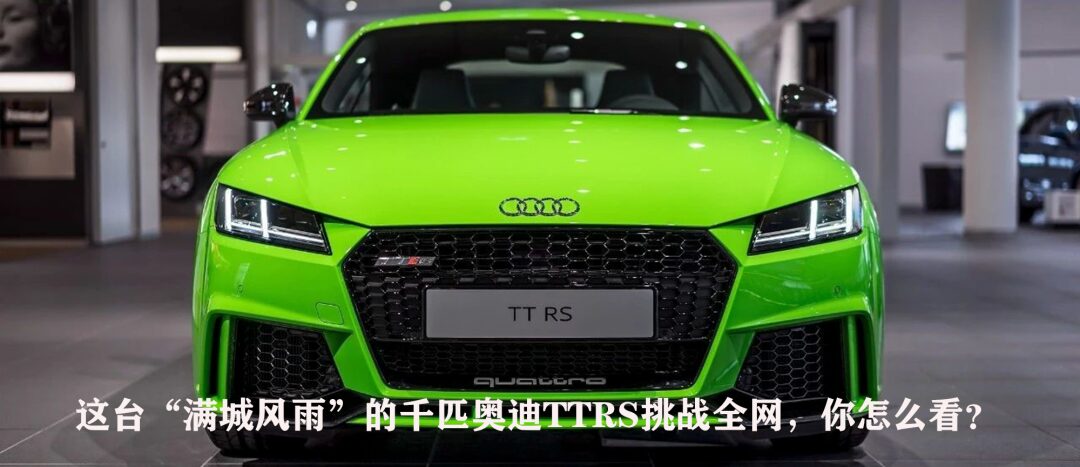
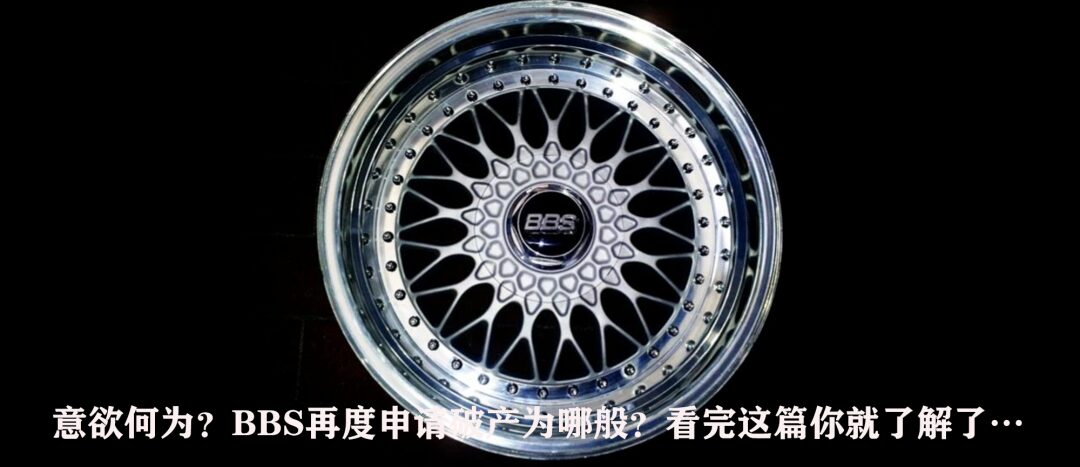
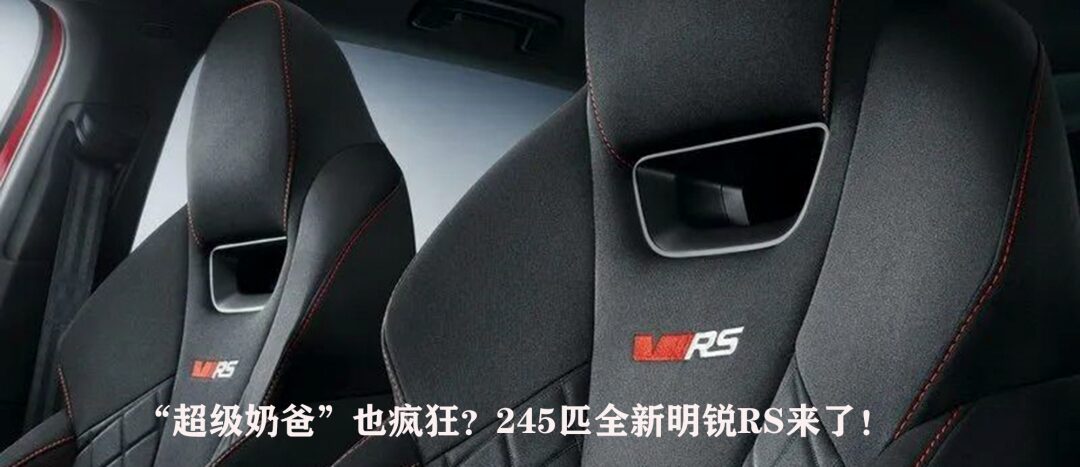

Let us know your thoughts after reading!
